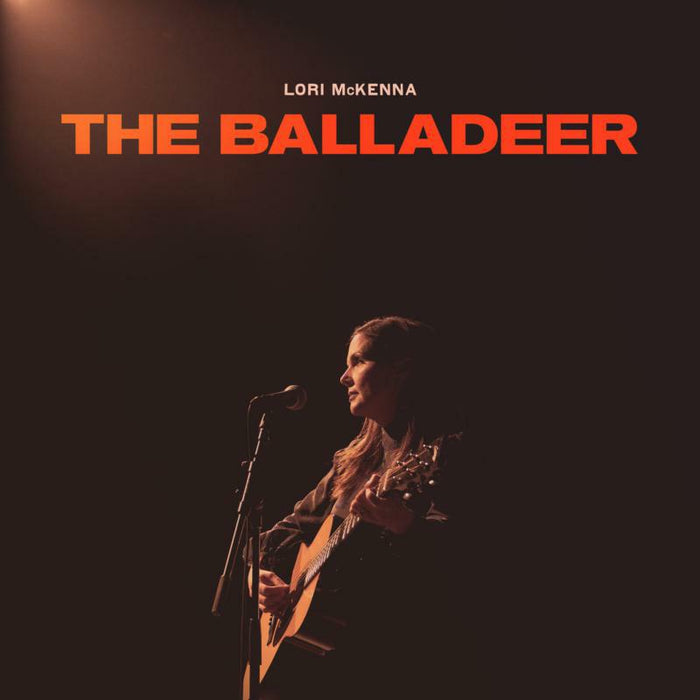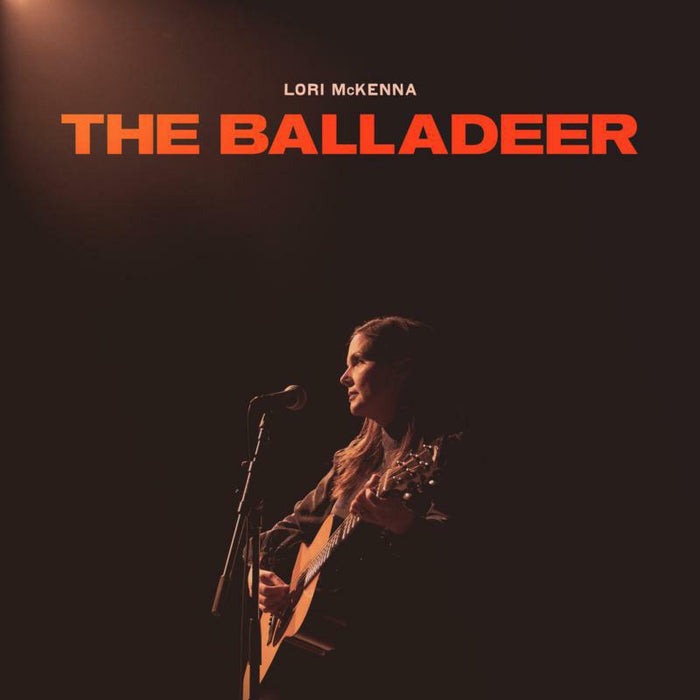Description
Lori McKenna titled her album 1988 after the year she married her husband, Gene, yet the 10 songs within also serve as a love letter to lifelong friendships, people she's lost, and her family. Recorded with producer Dave Cobb in Savannah, Georgia, 1988 naturally has its nostalgic moments, even if not every ending is a happy one.
With more of an electric edge than her past projects, 1988 feels in step with classic '90s albums by Sheryl Crow or Gin Blossoms, where the lyrics pulled you in as much as the melody or production.
Playing together on acoustic guitars while facing one another in the studio, McKenna and Cobb tracked the album live, giving it a feeling of immediacy and authenticity.
"I was trying to let my age and experience guide me through making a record I wished I'd made when I was younger," she explains. "I really wanted it to sound like if I made a rock record in the '90s, and then I remembered that I made my first album in 1998. There's something so 30 years ago in my head about this record. In a way I wish I could start again and know what I know now."
Back in the early days of her career, McKenna immersed herself in Boston's singer-songwriter scene and self-released her debut album, Paper Wings & Halos. After issuing a couple of CDs on a New England folk label, the Nashville songwriting community discovered her singular ability to write about complicated emotions through simple words. Meanwhile, one of the lessons she's learned from writing in Nashville is evident on the album's first single, "Killing Me," which she co-wrote with frequent collaborators Hillary Lindsey (who also sings on the track) and Luke Laird.
"I had that turn -- 'Would it kill you to be happy because trying to make you happy is killing me.' It's like, 'Pushing this boulder up the mountain is killing me. Can't you just carry yourself for a minute?'" she says. "I know that feeling of being in that relationship with someone, and I know feeling of being in that relationship with myself, too. The play on words and the turns -- that all came from learning how great songwriters in Nashville write, because they're so good at that. They're so clever. When those things end up in the room, I always try to pay attention."
However, fifteen years later, when Covid hit, McKenna often wrote alone, four or five days a week. One of the first songs to come from that solitude is "The Old Woman in Me," which conveys the mutual respect between her current self and the imagined version that she hopes to meet someday.
"There's always a lot of discussion of, 'What would I tell my younger self?' I'd had one of those discussions one day, and thought, 'Well, if we can write a letter to our younger selves, we can surely think about our older selves," she recalls. "It was one of those songs that I knew right away was probably not going to be for pitch. I wouldn't be able to change the lyrics for it to apply to someone younger. It's one of those songs that wanted to be my story...























